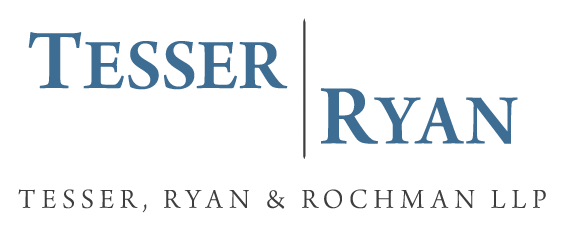Recent Supreme Court Decision Favors Privacy Rights
For most people, there is no conflict between two basic interests: to enjoy a reasonable degree of privacy, and for criminals to be caught and brought to justice. For the United States Supreme Court, these two interests are the basis for a centuries old balancing act. Recently, rapidly evolving technology has resulted in cases that have prompted our nation’s highest court to examine the relationship between individual privacy and criminal justice.
On June 22, 2018, Chief Justice John Roberts delivered the opinion for the Court in United States v. Carpenter, 585 U.S. __ (2018), which decided whether the government must obtain a warrant (based on probable cause) when seizing cell phone information that indicates the user’s location at different points in time when getting the information from the cell phone company, rather than from the physical phone, itself.
The case concerned a defendant who was accused of collaborating with others to rob electronics stores on multiple occasions. One of the key pieces of evidence was that the defendant’s cell phone location data indicated that he was present at the location of one of the stores that was robbed at the time of the robbery. The government had obtained a warrant to seize the cell phone data location, but the defense asserted that the warrant was not based on probable cause.
The Fourth Amendment to the U.S. Constitution protects against unreasonable searches and seizures of persons and their property, and requires that any warrants for such searchs must be predicated on probable cause. The Supreme Court previously provided a definition, “Probable cause exists where the facts and circumstances within their (the officers’) knowledge and of which they had reasonably trustworthy information (are) sufficient in themselves to warrant a man of reasonable caution in the belief that an offense has been or is being committed.” Brinegar v. U.S., 338 U.S. 160 (1949).
Generally, the Fourth Amendment applies, and the police must obtain a warrant with probable cause to conduct searches and seizures of people and their property. The fact that the police had obtained the records from a third party, the phone company, rather than the defendant himself, distinguished this case from prior cases. The determining matter for the Court to decide was whether we have a “reasonable expectation of privacy” in cell phone data even though we have entrusted the information to be stored by cell phone companies, a standard set out by the Supreme Court in the context of wiretapping in Kats v. U.S., 389 U.S. 347 (1967).
Ultimately, the Court determined that cell phone customers do have a reasonable expectation of privacy and the government does need a warrant based on probable cause to seize cell phone location data from the third party phone company.
One factor that contributed to this reasonable expectation of privacy is the prevalence of cell phone use. The Court wrote, “[t]here are 396 million cell phone service accounts in the United States—for a Nation of 326 million people.” The universality of cell phone use reflects the far-reaching implications of privacy policy related to the technology. Another factor was the vast scope of information that is contained in cell phone location data, which the Court characterized as “the exhaustive chronicle of location information casually collected by wireless carriers today.”
The Court acknowledged that this holding was narrow; in other words, it applies to the specific situation in this case, but the Fourth Amendment might not apply in other related scenarios. Three Justices dissented in the case, with an opinion written by Justice Kennedy.
Carpenter is the latest in a long line of cases adjusting the line between individual privacy and discretion in police investigations. With the ever-advancing technology and the implication of big data collection, it is likely that this case will not be the last. For the time being, rest assured that your location data is safe with the phone company, that is, unless the police have probable cause!
Call the experienced professionals at Tesser, Ryan & Rochman, LLP to learn more at (212) 754-9000.
